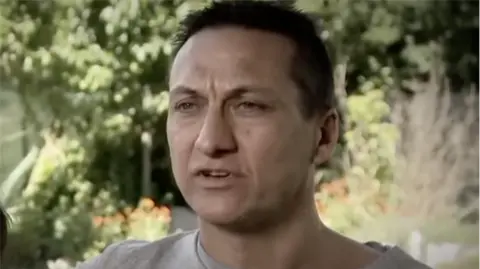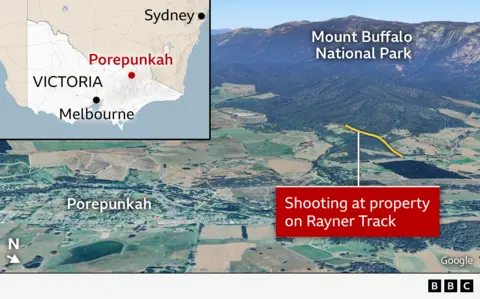Peter Dutton, once a towering figure in Australian politics and the former leader of the Liberal Party, faces an unexpected setback after losing his electoral stronghold in Queensland during the latest elections. Despite assurances from coalition colleagues regarding his popularity in the region, it was Dutton’s own constituency of Dickson that significantly contributed to the Labor Party’s sweeping electoral victory, marking a turn in voter sentiment.
Labor's election success was bolstered by a noticeable shift among a new generation of disillusioned voters, particularly young citizens and women, who have distanced themselves from the Coalition, a phenomenon some have termed the "Dutton effect." According to locals, Dutton's tenure has fostered a sense of familiarity rooted in disdain, compelling many to align against him during voting.
The Moreton Bay area, traditionally a Conservative bastion, showed a seismic shift. Prior to the elections, Dutton's district was perceived as secure, firmly in Liberal hands. However, the demographic shift with an influx of families priced out of urban centers has altered the electorate's makeup. Dutton’s deep ties to the region, stemming back to his family's arrival in the area in the 1860s, were not enough to salvage his reputation amidst evolving community dynamics.
Many residents had mixed feelings about Dutton. While there were those who respectfully acknowledged his local connections, sentiments diverged with criticisms of his perceived detachment from the everyday Australian experience. One voter expressed it succinctly: “People know him and they don’t like him," pointing out the dissonance between Dutton's public persona and constituent expectations.
More strikingly, as voters grappled with economic concerns—afflictions of rising living costs and housing stress—they sought candidates who resonated on a personal level. For voters like Aleysha, who oscillated between political ideologies, Dutton symbolized a disconnect typical of career politicians: "I don't know whether he appeals to the everyday person."
In the electorate of Petrie, undecided voters gravitated towards Labor and interpreted Dutton’s image as a liability, adversely affecting their choices. Similarly, disappointment in Dutton's role in the campaign against the Voice to Parliament referendum was pivotal for some, who articulated feelings of betrayal towards what they perceived as his disregard for marginalized communities.
Adding to the chaos, internal party frictions and fluctuating policies—specifically the coalition’s mixed messages on employment and environmental initiatives—further amplified voter confusion and dissatisfaction. Dutton's strategic missteps, including controversial statements and an inability to stay aligned with evolving public demands, left many constituents perplexed.
Queensland has typically acted as a bellwether in national elections, with voters often demonstrating unpredictable preferences. Political analysts assert that the outcomes are reflective of much more than mere policy issues; they speak to fundamental emotional responses towards political figures. The question remains, did Dutton inadvertently become Labor’s greatest ally?
Despite these changes, it is critical to note that while Labor made gains, many voters still registered allegiance to the Coalition, suggesting a nuanced political landscape rather than a wholesale shift to the left. The implication of these elections is clear: for the Coalition to reclaim its foothold, a substantive reevaluation of leadership and public engagement strategies is essential.
Rick, a lifelong supporter, voiced the sentiments shared by many: “This is a real rout.” Yet amidst the shock, younger voters such as Aleysha find a silver lining, embracing the comedic irony of Dutton's defeat as watershed moments in Australian political history unfold.




















